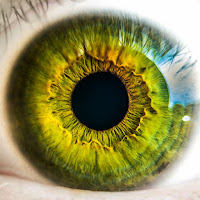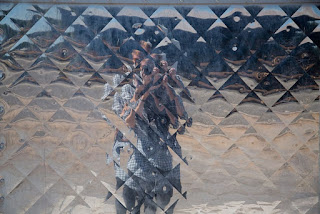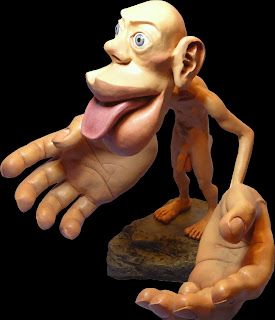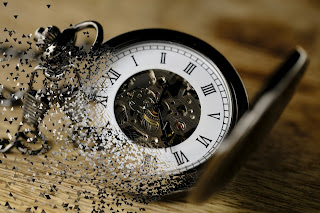Prisoners of our own receptors

"Cogito ergo sum." I think, therefore I am. This is how the French philosopher Rene Decartes, long ago, put the starting clue for a long branch of philosophy called epistemology, which tries to understand how is it that we know what we know and how do we justify what we assert. We all have this percept of being "in charge"; of knowing what we are, what the world around us is made of and what happened yesterday or is expected to happen tomorrow. But, is this even remotely true? Prisoners of our vision Credit: Pxfuel . Anyone who has taken high school –or even middle school- physics will know that light is but a thin strip of the electromagnetic spectrum. X-ray, radio waves, microwaves and gamma rays are all but because it's what we can perceive, but it really holds no special qualities. If the survival of mammals was optimized by X-rays, then that would be what we perceive, and it would be virtually impossible for us to understand what it






